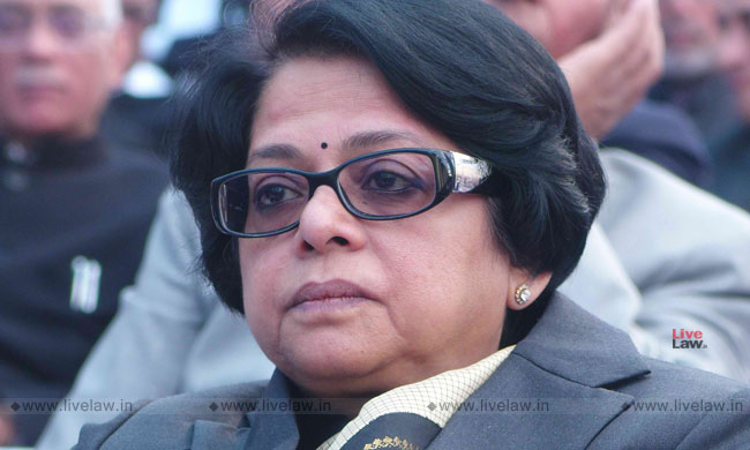Justice Indu Malhotra Recuses Herself From Hearing Appeals On Beef Ban In Maharashtra
Mehal Jain
2 July 2019 6:17 PM IST

Next Story
2 July 2019 6:17 PM IST
Supreme Court judge Justice Indu Malhotra on Monday recused herself from a string of appeals and cross-appeals against the May 6, 2016 Bombay High Court verdict that mere possession of beef of animals slaughtered outside the state cannot invite criminal action. The bench headed by Justice A. M. Sapre required the matter to be placed before the Chief Justice to be assigned to an...
